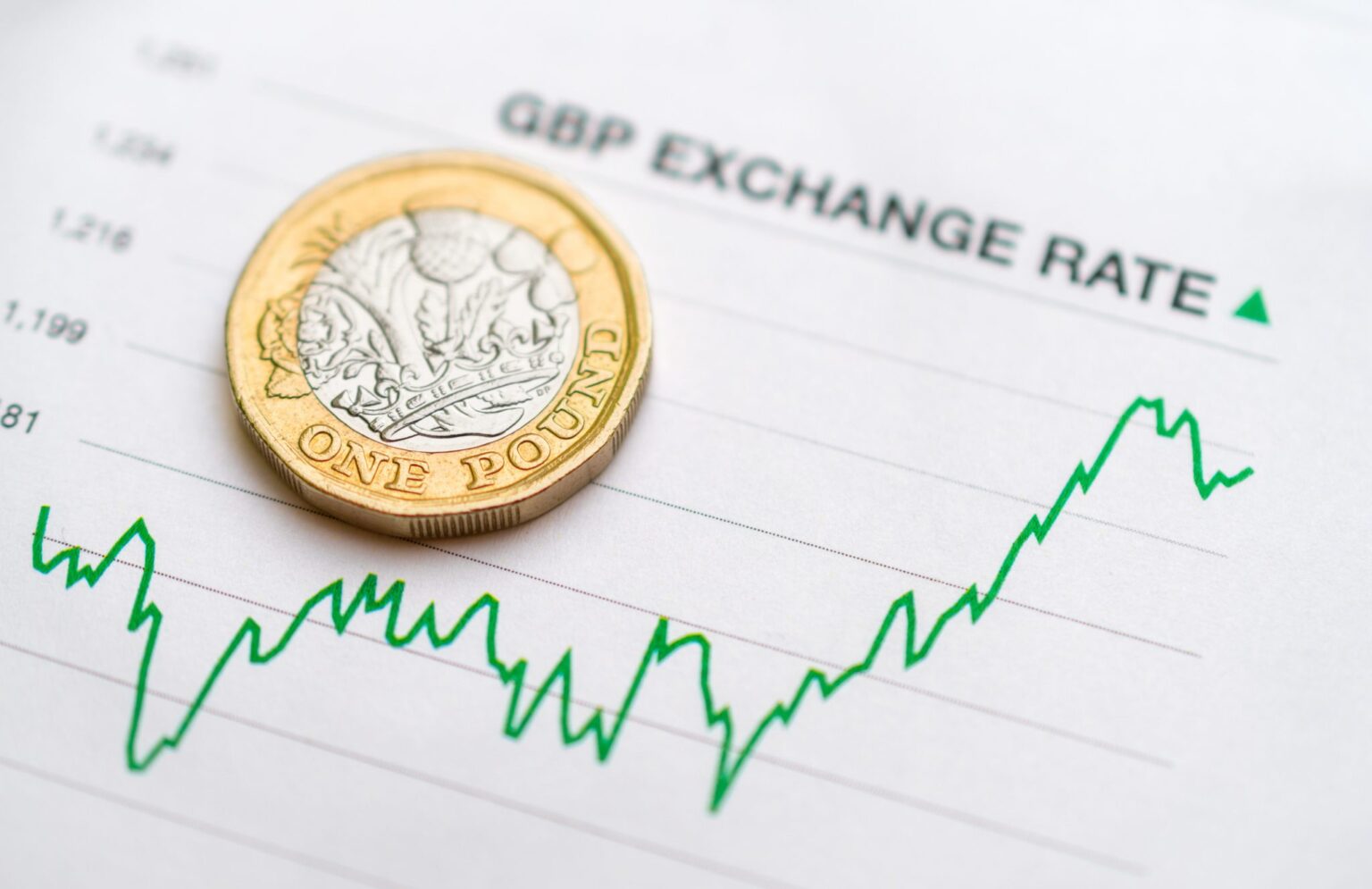As the UK government presses ahead with its plans, foreign investors are expected to up the ante in the country’s housing market to get the best deals.
The UK property market has been a key investment location among overseas buyers for many years, and particularly recently in part due to the favourable exchange rate as the pound has remained low against the dollar. As a place to invest, the country’s housing sector represents a relatively stable haven with excellent rental opportunities and capital appreciation over the long-term.
While some sellers – and buyers – may have been holding off in recent months due to ongoing political uncertainty surrounding the country’s leadership and Brexit plans, December’s election result is expected to get things moving again as we start the new year.
Stamp duty changes for overseas investors
One of the major announcements by Prime Minister Boris Johnson at the end of last year was the proposal of an additional 3% stamp duty levy to be charged to overseas-based buyers of UK property.
Many expect this to come into effect at the next Budget announcement in March. However, until it does, according to Lucian Cook, director at Savills Residential Research, we could expect to see a major influx of foreign investors looking to purchase property before the changes come in.
Cook commented to PropertySolvers Investor Services: “We think this is likely to support demand from overseas buyers in the short term as they seek to buy before it is imposed.”
Cook also believes that as the value of the pound begins to rise, this could be an added incentive for foreign buyers to invest now.
Sterling strengthening
“Those overseas buyers are also likely to want to lock into the weakness of sterling,” said Cook. “We’ve already seen sterling appreciate and this reduces the currency play, but we expect this will be outweighed by much greater political certainty.
“Sterling is expected to strengthen progressively as political and economic uncertainty clears, with the biggest impact coming after trade deals are agreed with both the EU and other trading partners.”
He concluded: “That is likely to provide a limited window in which buyers can take the maximum benefit from the weakness of the pound, though it is likely to be the catalyst for a recovery in prices in central London over the next five years.”










